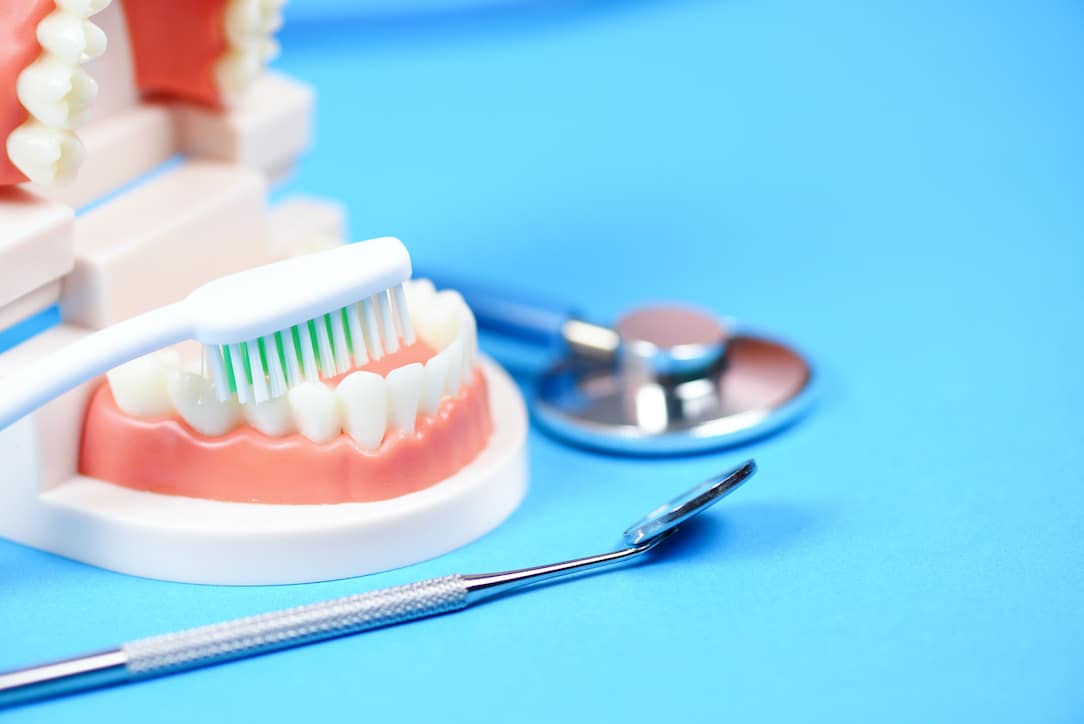
Maintaining dental health involves preventing tooth decay and infections in other oral structures. Regular flossing and brushing are a part of this. To maintain good oral hygiene, a Bristol dentist also strongly suggests getting a dental exam and cleaning at least twice a year. Maintaining good oral hygiene is essential to one’s general health and well-being.
According to studies, untreated oral diseases may increase the chance of developing harmful health conditions. For this reason, maintaining proper oral hygiene is crucial to enhancing your general and oral health. You may be surprised to learn how important dental health is. Find out how your teeth, gums, and mouth condition may impact your overall health.
What health conditions can be related to oral health?
Your dental health may be linked to several illnesses and ailments, such as:
- Endocarditis.
The endocardium, or inner lining of your heart, becomes infected when bacteria or other germs from another area of your body, like your mouth, enter your bloodstream and adhere to specific parts of your heart.
- Heart-related conditions.
While the exact relationship remains unclear, some research points to possible connections between oral bacteria-induced inflammation and infections and heart disease, stroke, and clogged arteries.
- Complications in pregnancy and childbirth.
Premature birth and abnormally low birth weight have been associated with periodontitis.
- Pneumonia.
Certain bacteria present in your mouth can enter your lungs and potentially cause pneumonia and other respiratory illnesses.
Your dental health may also be impacted by a few conditions, such as:
- Diabetes.
Diabetes significantly increases the chances of gum disease by decreasing the body’s ability to fight off infection. Diabetes seems to be associated with a greater likelihood and severity of gum disease. Studies reveal that blood sugar regulation is more difficult for gum disease patients. Diabetes control can be improved by routine periodontal care.
- HIV/AIDS.
HIV/AIDS patients frequently experience oral health issues, such as excruciating mucosal lesions.
- Osteoporosis.
Loss of teeth and periodontal bone are associated with this disease that weakens bones. Some medications used to treat osteoporosis could harm the lower jaw bones.
- Alzheimer’s condition.
Oral health can deteriorate with progressing Alzheimer’s in a patient.
Other illnesses that may impact oral health include eating disorders, some cancers, rheumatoid arthritis, and Sjogren’s syndrome (an immune system disorder causing dry mouth).
Inform your dentist about all of your prescription drugs and any changes in your general health, particularly if you have a chronic illness like diabetes or have recently been sick. Additionally, as soon as an issue with your oral health emerges, call your dentist. Maintaining the health of your teeth is an investment in your general well-being.



